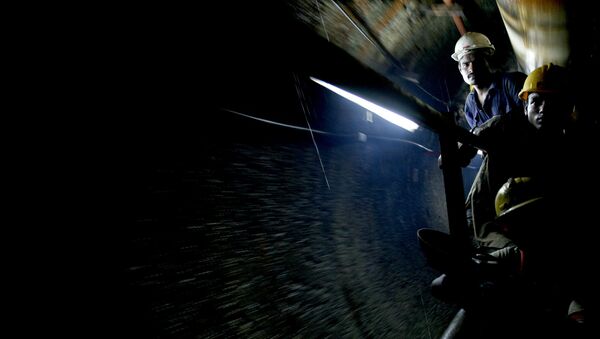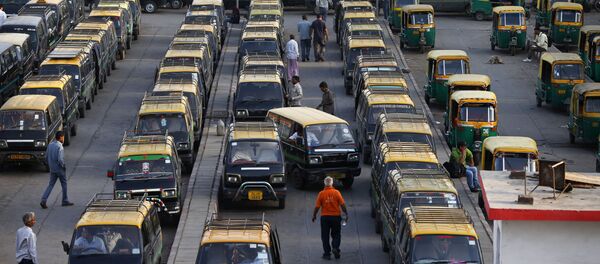The scope of the project includes the design and construction of underground stations and associated tunnels for Package 1 and Package 7 in Line 3 of the Mumbai metro project. The project is scheduled to be completed in 48 months.
The joint venture of Russia's MMS and India's Hindustan Construction Company has been awarded a contract worth USD 379 million, with a total estimated cost of 2723 million dollars. The contract is for the construction of 4,072 meters of the corridor of the underground metro line including four underground stations at Chatrapati Shivaji Terminus, Kalbadevi, Girgaon and Grant Road and twin bored tunnels with a length of 3,115 meters. This is likely to take 55 months for completion.
Arun Karambelkar, President & CEO- E&C, HCC Ltd., said "HCC is a pioneer in underground construction and has built parts of Kolkata Metro, Delhi Metro and Mumbai Metro — Phase I. With the cumulative experience we are confident we will complete the work in an efficient and speedier manner that will benefit millions of Mumbaikars."
The Project is planned to start its commercial operations by 2020-21. Besides the seamless connectivity, Metro Line-3 also extends its benefits to curb carbon dioxide by 6,800 tons per year in India's financial capital. When the project is completed, as per estimates, there will be 456,771 less vehicles per day on Mumbai's road; an almost 30-35% reduction in road traffic along the corridor. The energy-starved nation will be able to curb fuel consumption by 243,390 liters per day due to this underground metro.





